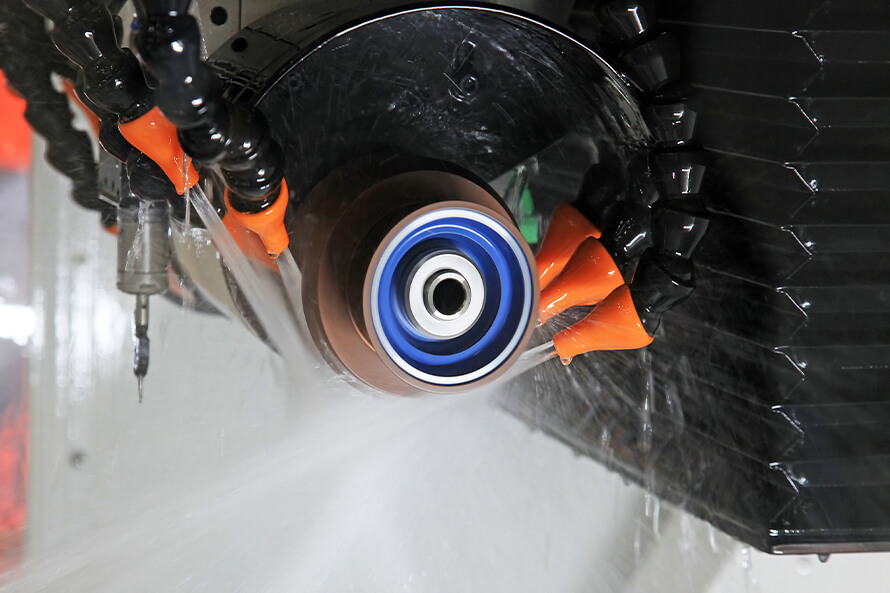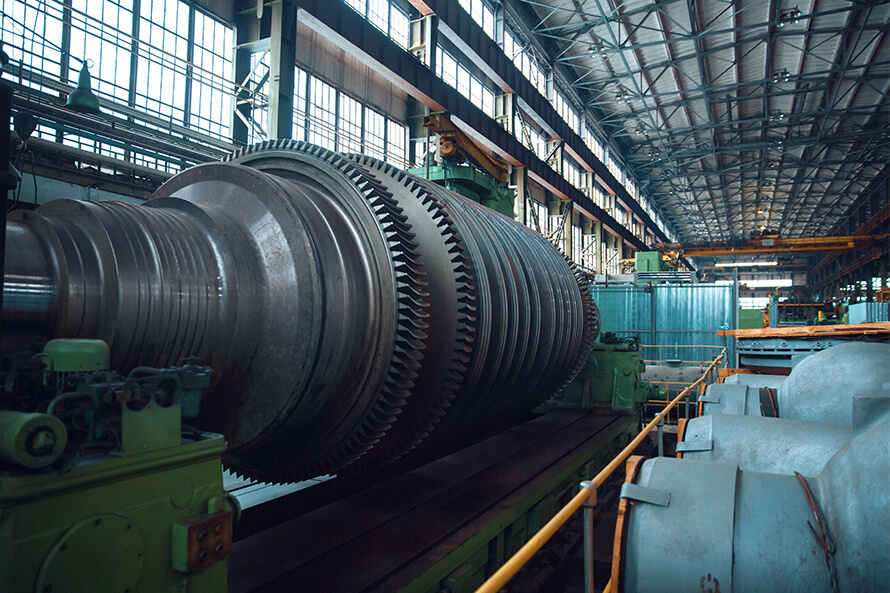Oil & Gas Processing
We keep hydrocarbon processing equipment in pristine condition, preventing harmful varnish build-up and extending equipment lifespan.
When it comes to processing Hydrocarbons, companies like Adnoc rely on various types of equipment to get the job done – and they know that they can count on Optimum to prevent harmful varnish build-up and keep their machinery in pristine condition. To date, we have worked on 100+ installations in Adnoc’s gas processing plants for over 8 years.
Our technology keeps the chemical composition of the oil intact rather than removing chemical components from the oil like our competitors. Removing chemical components from the oil is dangerous and can lead to oil breakdown that can cause sever damage to equipment. The key is prevention while maintaining the original oil chemical composition.
Varnish Prevention for Hydrocarbon Processing Equipment
Hydrocarbon processing equipment such as gas turbines, compressors, and pumps can suffer from varnish build-up, which is caused by contamination and the degradation of oil over time. Varnish can reduce equipment efficiency, cause unplanned downtime, and lead to costly repairs. At Optimum, we offer varnish prevention services using specialized equipment and processes to prevent varnish build-up and keep equipment in pristine condition. Our services include onsite filtration with varnish prevention and laboratory testing. We work with our clients to design custom solutions that meet their unique needs and maximize the lifespan of their equipment.
In addition to our varnish prevention services, we also provide lubricant analysis and testing to help our clients optimize equipment performance and extend the life of their lubricants. Our team of experts can perform various tests such as oxidation, viscosity, and elemental analysis to determine the condition of lubricants and detect any potential issues before they become costly problems. With our advanced oil analysis and testing technology, we help our clients reduce downtime, minimize maintenance costs, and improve equipment reliability.
Online monitoring of equipment is critical and at Optimum we interface the latest technologies with your Plant Monitoring System. Real time particle count, water content and viscosity measurements are now available 24/7 to allow you to monitor and make the right decisions.
To ensure that our clients receive the best possible service, we use the latest technology and employ highly trained technicians who have extensive experience in the oil and gas industry. Our team is available 24/7 to respond to emergencies and provide support whenever our clients need it. With our commitment to quality and customer satisfaction, we have established ourselves as a trusted partner for hydrocarbon processing equipment maintenance.


Purification of Gas Turbine Lubricants
Gas turbines are widely used in the oil and gas industry for power generation and mechanical drive applications. These turbines operate in harsh environments, which can lead to contamination of their lubricating oils. Contaminated oil can cause issues such as wear and tear, decreased efficiency, and even equipment failure. This is where Optimum’s gas turbine lubricant purification services come in.
Optimum’s purification process is a comprehensive solution that removes contaminants such as varnish forming components, sludge, and other impurities from gas turbine lubricants. Our team of experts uses state-of-the-art equipment to keep oil in its original condition. We work closely with gas turbine operators to design customized solutions that meet their specific needs and help to ensure the smooth operation of their equipment.
By partnering with Optimum for gas turbine lubricant purification, companies can reduce maintenance costs, extend the life of their equipment, and improve operational efficiency. Our process can help to optimize the performance of gas turbines, improve their reliability, and minimize downtime. Additionally, our purification services can help companies comply with environmental regulations by reducing the amount of lubricant waste produced.

